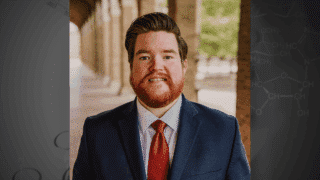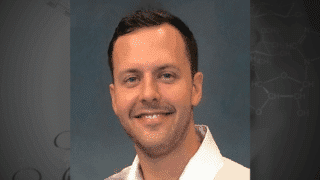THE GUARDIAN
BY: LES ROOPANARINE
3/15/16
The UN has suspended Maria Sharapova as a goodwill ambassador following the Russian tennis star’s admission that she tested positive for the banned substance meldonium at the Australian Open in January.
The UN Development Programme, which works to eradicate poverty and inequality, has discontinued its nine-year relationship with Sharapova pending the outcome of the case. Much of her work with the UNDP had focused on efforts to help survivors of the 1986 Chernobyl disaster.
“The UNDP remains grateful to Maria Sharapova for her support of our work, especially around the Chernobyl nuclear disaster recovery,” said a spokesperson.
“However, in light of Ms Sharapova’s recent announcement, we last week suspended her role as a goodwill ambassador and any planned activities while the investigation continues.”
Sponsors including Nike and Porsche have likewise cut ties with Sharapova, but those decisions were dictated by commercial factors. The suspension of a role that comes with a symbolic $1 salary, hailed by the Russian as one of her “proudest contracts ever”, is likely to do deeper damage to the phenomenal brand appeal of a woman who earned an estimated $29.5m (£20.8m) last year and routinely tops lists of the highest-earning female athletes.
UN goodwill ambassadors are appointed on the basis that they are “persons of integrity” who “possess the personality and dignity required for such high-level representative capacity”.
However, article 28 of the UN guidelines (pdf) for the designation of goodwill ambassadors and messengers of peace cautions that the arrangement will be terminated if the ambassador “engages in any activity incompatible with his/her status or with the purposes and principles of the UN, or if the termination is in the interest of the organisation”.
Sharapova, who on Saturday began a provisional suspension under International Tennis Federation rules, was appointed a UNDP goodwill ambassador in February 2007, largely in recognition of her charity work on behalf of survivors of the Chernobyl disaster.
The Russian has family roots in the region, her parents having fled the Belarusian city of Gomel, about 80 miles north of Chernobyl, when her mother became pregnant with Sharapova a few months after the catastrophe. She marked her appointment as a goodwill ambassador by donating $100,000 to help young survivors in rural communities affected by the world’s worst nuclear accident, and established a charitable foundation to help recovery efforts.
Sharapova faces a ban of up to four years for taking meldonium, which was added to the World Anti-Doping Agency’s banned list on 1 January after it was found to help athletes’ endurance and recovery. The 28-year-old said she took the drug for medical reasons rather than to enhance performance.



